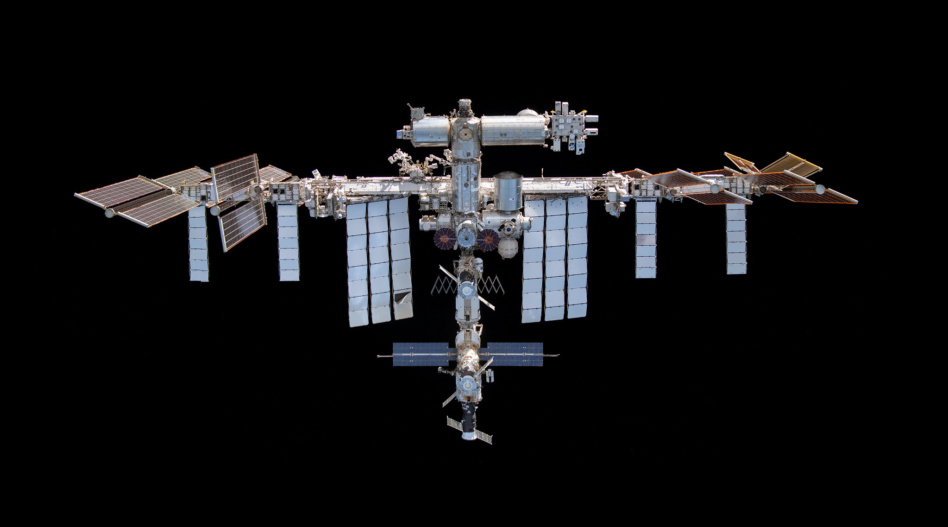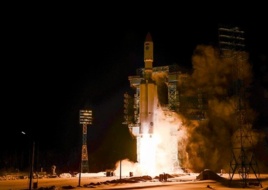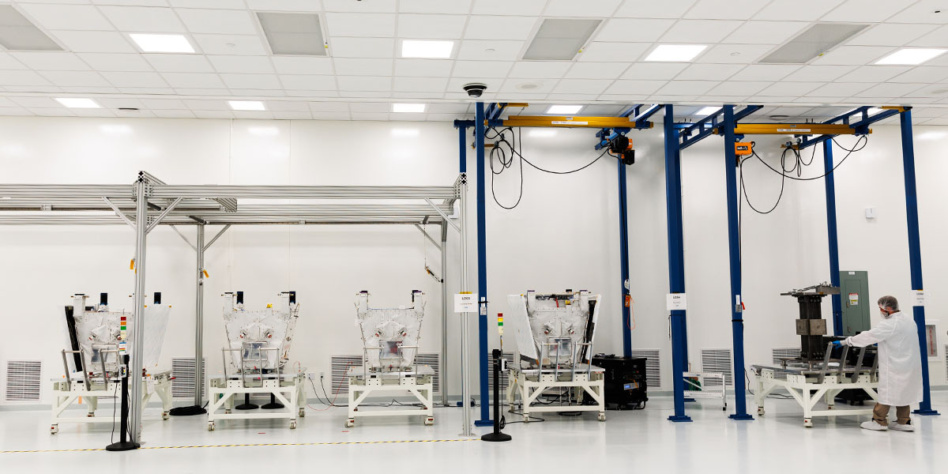The ISS has been a bastion for international cooperation and scientific discovery for nearly three decades, but as the orbiting habitat nears the end of its time in service, NASA is preparing to pass the torch on these three pillars to the commercial sector.
Key players: A few companies have emerged as likely players for crewed activities in LEO:
- Vast is developing the Haven-1 space station, which is expected to launch in 2025.
- Axiom is preparing to launch the first module of its Axiom Station in 2026.
- Blue Origin is aiming for its Orbital Reef station to be operational by 2027.
- Voyager is planning to launch its free-flying Starlab space station in 2028.
NASA is supporting each of the above companies in different ways as it prepares to transition its role in crewed LEO missions to the private sector after the orbiting lab is retired in 2030.
- NASA has contracts with Axiom, Blue Origin, and Voyager, to help with the development of their stations.
- Axiom is already flying private missions to the ISS in partnership with NASA.
- The agency also signed a Space Act Agreement with Vast to allow for greater collaboration and sharing of expertise.
International cooperation: The ISS is a joint project between five space agencies in the US, Canada, Russia, Europe, and Japan. Since its launch, people from 20+ countries have visited the station.
That spirit of international cooperation won’t stop once the government mission ends. Some examples of working with foreign allies include:
- Axiom has flown astronauts from around the world, including Saudi Arabia, Turkey, and Sweden.
- Voyager’s Starlab endeavor stretches across the pond through its partnership with Airbus Defence and Space.
- Vast is also working with the European space ecosystem, including a partnership for cargo delivery with The Exploration Company and a MOU with ESA to explore how European astronauts can visit the station.
Scientific discovery: Though there’s long been talk about the uber rich vacationing in orbit, these commercial habitats are largely designed as scientific labs, to take over the microgravity research happening on the ISS.
Just last month, Vast announced that Redwire and Yuri would be initial partners working on its Haven-1 lab, which will host everything from in-space manufacturing to pharmaceutical research.
“The ISS may be on its way to be retired in 2030, but the institutional knowledge deserves a new platform for future microgravity research and manufacturing innovation. Our Haven-1 Lab is designed to provide that bridge well before the eventual retirement of ISS,” Vast CEO Max Haot said in a statement.
Open questions:
- Will there be a gap between closing up the ISS and opening at least one of these commercial options?
- Officials say it’s critical that the transition is seamless, leaving no time without a US presence in orbit. But we all know how timelines can slip in the space industry.
- Who will regulate this industry?
- The White House has proposed a plan that would put commercial space stations under the purview of the FAA as the agency that already oversees safety of human spaceflight, while a Republican-led bill in the House would put the Office of Space Commerce in charge.





